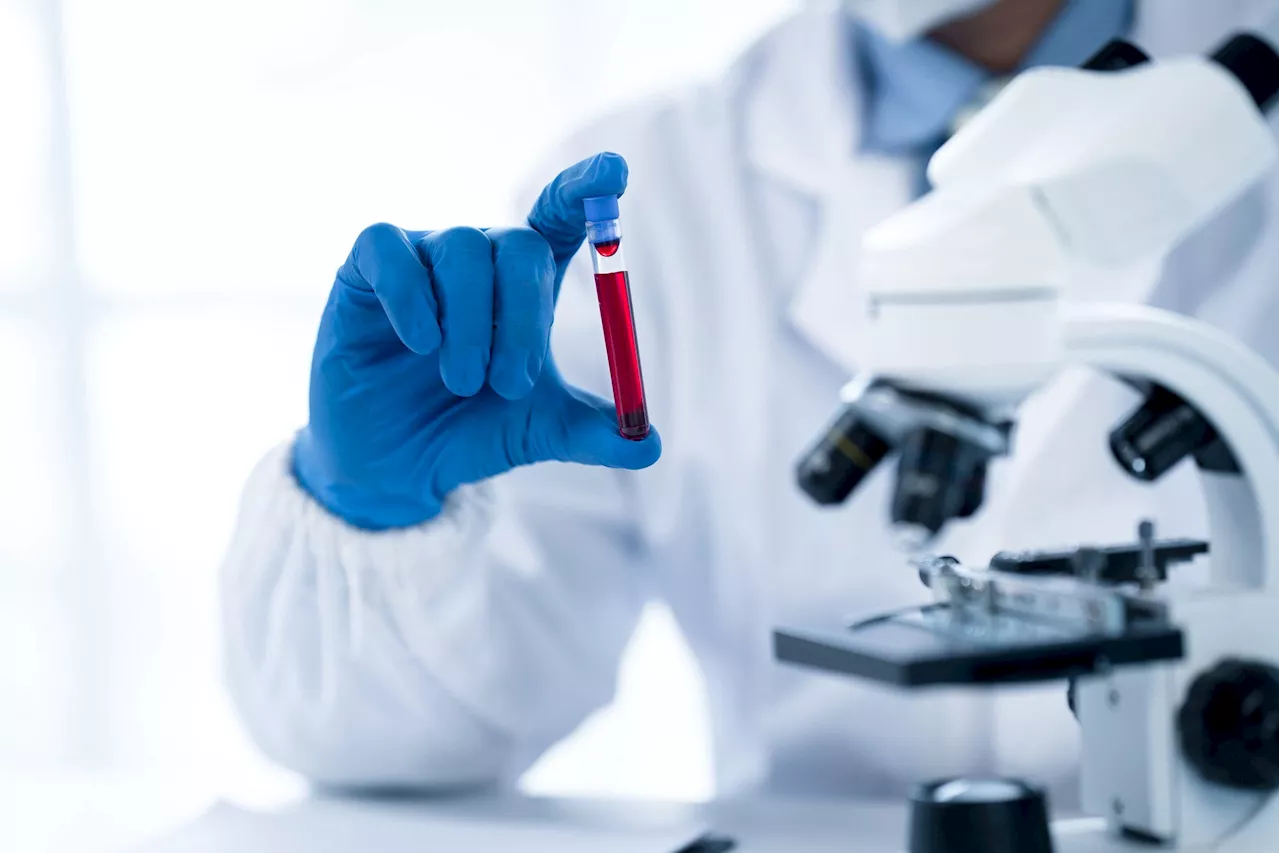CEO of Posit Science, developers of the BrainHQ brain training program. Focused on digital health and bringing science to the people. Read Henry Mahncke's full executive profile here.
Receiving a diagnosis of Alzheimer’s is one of the scariest pieces of news a person can face. While other medical diagnoses carry bad news for your health , a diagnosis of Alzheimer’s poses a unique threat to a person’s sense of self.
The reason doctors want to detect these conditions early on—and the reason that insurers are willing to pay for it—is that we can lower the risk of disease progression. Early detection of breast cancer? Get treated with anti-hormonal medication and surgery before the cancer spreads. Heartbeat looking abnormal? Improve your heart health with medications, diet and exercise. High blood sugar? Change your diet and exercise, and, more recently, try to get your insurer to pay for Ozempic or Mounjaro.
But change is coming—and with it, challenges and opportunities for businesses interested in diagnostics., the first Alzheimer’s diagnostic—a radiolabeled antibody that in combination with a high-tech brain scan could determine if a living person has an accumulation of amyloid plaques in the brain.the expensive scans—not because they didn’t work but because they didn’t matter.
United States Latest News, United States Headlines
Similar News:You can also read news stories similar to this one that we have collected from other news sources.
 Early detection of miRNAs in maternal blood may offer the potential for predicting preeclampsia, study findsA new study finds that early detection of specific microRNAs (miRNAs) packaged in vesicles may offer the opportunity to predict preeclampsia in pregnant people before clinical symptoms manifest.
Early detection of miRNAs in maternal blood may offer the potential for predicting preeclampsia, study findsA new study finds that early detection of specific microRNAs (miRNAs) packaged in vesicles may offer the opportunity to predict preeclampsia in pregnant people before clinical symptoms manifest.
Read more »
 'Get the Workup Going': Early Detection of Myasthenia Gravis May Lessen Symptom Severity and Improve OutcomesEarly detection of myasthenia gravis, along with timely treatment, could mitigate symptom severity and optimize outcomes, reports Dr Nicholas Silvestri.
'Get the Workup Going': Early Detection of Myasthenia Gravis May Lessen Symptom Severity and Improve OutcomesEarly detection of myasthenia gravis, along with timely treatment, could mitigate symptom severity and optimize outcomes, reports Dr Nicholas Silvestri.
Read more »
 FDA approves new blood test for colon cancer screening: ‘Early detection is critical’The FDA has approved a new blood test for colorectal cancer. Shield, made by Guardant Health, is the first approved blood test that is considered a primary screening option for the disease.
FDA approves new blood test for colon cancer screening: ‘Early detection is critical’The FDA has approved a new blood test for colorectal cancer. Shield, made by Guardant Health, is the first approved blood test that is considered a primary screening option for the disease.
Read more »
 Insect pests study finds public surveillance is critical to early detectionA new study from the University of Maryland identifies key patterns and factors influencing insect pest establishment and detection across the U.S. and suggests public surveillance awareness and involvement is a critical component of efforts to protect agriculture and our ecosystems from harmful pests.
Insect pests study finds public surveillance is critical to early detectionA new study from the University of Maryland identifies key patterns and factors influencing insect pest establishment and detection across the U.S. and suggests public surveillance awareness and involvement is a critical component of efforts to protect agriculture and our ecosystems from harmful pests.
Read more »
 Recognizing the Signs: Diagnosing Early-Onset Alzheimer'sA look at the latest clinical approaches for early detection in this often-misdiagnosed patient population.
Recognizing the Signs: Diagnosing Early-Onset Alzheimer'sA look at the latest clinical approaches for early detection in this often-misdiagnosed patient population.
Read more »
 A Fitbit for the Gut May Aid in Detection of GI DisordersAn AI-enabled system of wearable coils and ingestible 'smart' pills shows promise for identifying and tracking gasses in the GI tract associated with digestive disorders.
A Fitbit for the Gut May Aid in Detection of GI DisordersAn AI-enabled system of wearable coils and ingestible 'smart' pills shows promise for identifying and tracking gasses in the GI tract associated with digestive disorders.
Read more »
